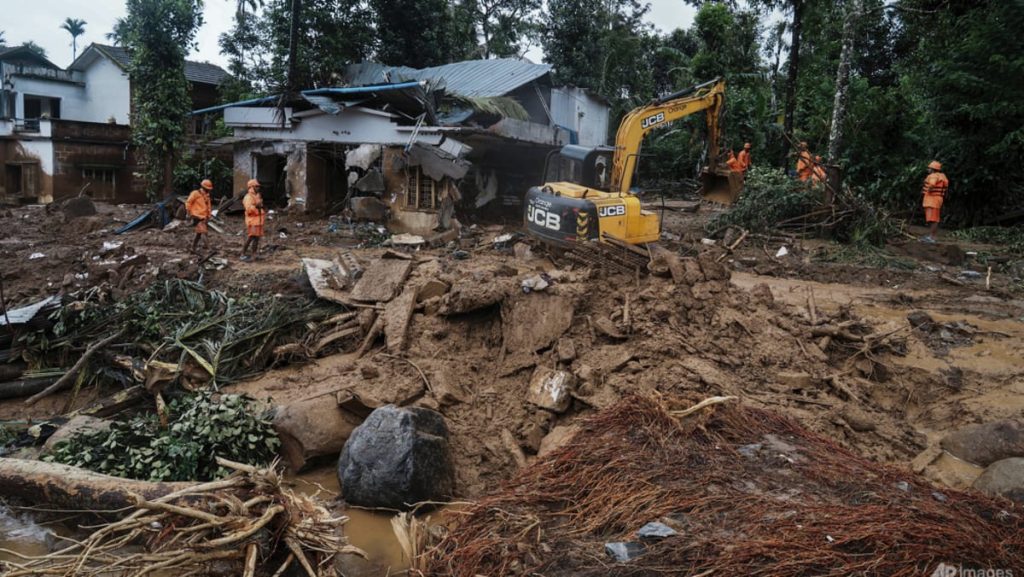Kerala, known as “God’s Own Country” due to its picturesque landscapes, has also been witnessing a high number of landslides. Nearly 60 per cent of landslides in India between 2015 and 2022 have occurred in Kerala, according to the federal government. The Western Ghats, which serve as the backbone of south India’s ecology and economy, have been severely affected by human activities such as mining, infrastructure development, and tourism.
A committee headed by ecologist Madhav Gadgil recommended restrictions on human interventions in ecologically sensitive areas of the Western Ghats, including banning mining, limiting new infrastructure projects, and promoting sustainable tourism practices. However, the state governments, including Kerala, did not accept these recommendations and instead reduced the protected area from 60 per cent to 37 per cent. There have been ongoing discussions among stakeholders to further reduce the protected area, despite the federal government issuing drafts to implement the recommendations.
Gadgil criticized the government for ignoring his committee’s recommendations in favor of promoting tourism, which is a significant source of revenue. Kerala Chief Minister Vijayan dismissed questions about the Gadgil recommendations and focused on relief and rehabilitation efforts following the landslides. Locals like Padikkalparamban in Mundakkai believe that tourism has brought job opportunities to the region, particularly in the hospitality sector. However, industry experts like Vancheeswaran of the Wayanad Tourism Organisation acknowledge that the tourism industry must also take responsibility for the ecological impact of its activities.
The dilemma between economic development driven by tourism and the conservation of the Western Ghats is a contentious issue in Kerala and other states along the mountain range. Despite the ecological sensitivity of the region and the risks posed by human interventions, there is a continued push for further development and reduction of protected areas. The federal government is yet to issue a final order on implementing the recommendations of the Gadgil committee, leaving the future of the Western Ghats and its biodiversity uncertain.
The conflicting interests of economic development and environmental conservation highlight the challenges faced by policymakers and stakeholders in Kerala. The need to strike a balance between sustainable development and ecological preservation is crucial to ensure the long-term well-being of the region. Awareness and action to mitigate the negative impacts of human activities on the fragile ecosystems of the Western Ghats are essential to prevent further disasters like landslides and protect the natural beauty and biodiversity of “God’s Own Country”.


